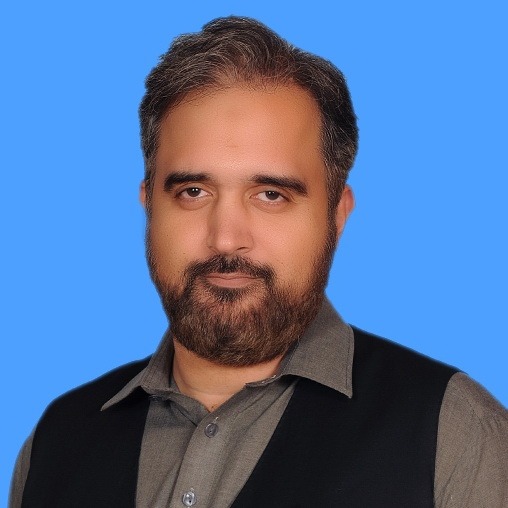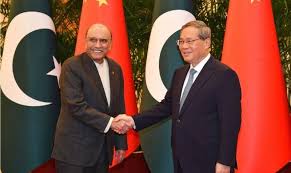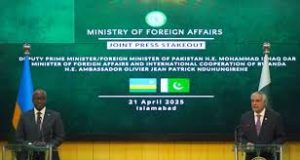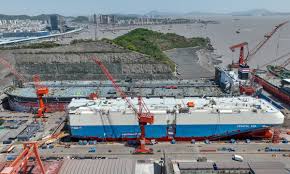Pakistani CPEC Parliamentary Committee chief urges parliament to highlight CPEC

China Economic Net
Islamabad: Chairman of Pakistani Parliamentary Committee on China-Pakistan Economic Corridor (CPEC) Sher Ali Arbab has urged the parliament to highlight the CPEC.
In his keynote speech at a webinar entitled “CPEC: Fact vs. Fiction” organised by the Pakistan-China Institute, Arbab said the Pakistani parliament should “shape” the public opinion on CPEC.
Arbab maintained that the parliamentary committee, which he heads, had set up three pillars that act as a blueprint of its functioning.
He contended that the blueprint was above party lines and the proceedings were conducted in-camera for responsible messaging. “The chairman acts as its spokesperson,” he added.
Commenting on the pace of CPEC projects, he lauded the work on CPEC phase one which bridged the infrastructure gap and made energy shortage a relic of the past.
He termed CPEC Phase-II a catalyst for industrial overhaul and called for the inclusion of Afghanistan, Iran, and Turkey into CPEC.
Former foreign secretary Tehmina Janjua recalled a quote of Chinese President Xi Jinping during Prime Minister Imran Khan’s visit to China in 2019. “No matter how the international and regional situation changes, the friendship between China and Pakistan will always be unbreakable and rock-solid,” President Xi Jinping was quoted by the former diplomat. She called the statement a “common sentiment shared by the people of Pakistan at all levels.”
Tehmina Janjua added: “Constancy and its amazing capability to transcend the usual considerations of international politics is the striking feature of the Pakistan-China relationship. For the success of CPEC, we need to expand the beneficiaries of this important project.”
Professor Dr Jawad Sayed talked about the role that universities can play in shaping public opinion on CPEC and called for interdisciplinary research on CPEC.
Corporate leader Sameer Chishty urged that Pakistan need to learn from Shenzhen which is the “most successful Special Economic Zone.”
Mustafa Hyder Sayed, Executive Director, Pakistan-China Institute talked of the need to better coordinate activities of civil society organizations with media and academia to formulate people-centric narratives on Pakistan-China relations and CPEC.
Chairman Senate’s Defence Committee Senator Mushahid Hussain Sayed in his concluding remarks pointed out that the Pakistan-China relationship was unique, time-tested, non-transactional, non-tactical and not directed against any country.
He termed people-to-people connectivity as the core of this relationship which was recently manifested in a US Pew survey according to which 83% of Pakistanis view China as a friend.
“CPEC Phase 1 has improved infrastructure and alleviated the energy crisis, and revived dead projects like Gwadar Port and Thar Coal,” said the Senator.
The webinar was attended by over 60 participants online and featured six speeches, including Sher Ali Arbab, Senator Mushahid Hussain Sayed, former foreign secretary Tehmina Janjua, Professor Dr Jawad Sayed and corporate leader Sameer Chishty among others. The dialogue was moderated by Executive Director of the Pakistan-China Institute Mustafa Hyder Sayed.





